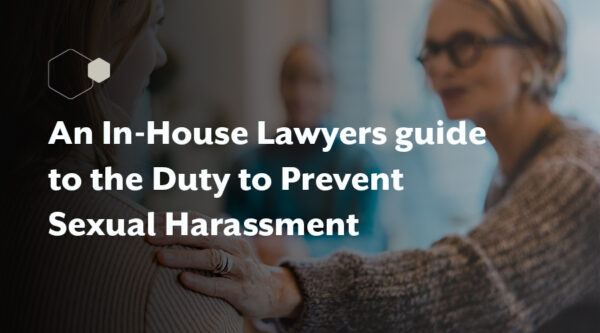

On 24 April 2025, the Serious Fraud Office (SFO), launched new Corporate Guidance providing corporates that suspect wrongdoing within their organisation with clearer information about how to self-report.
The new SFO guidance sets out:
• How corporates can self-report directly to the SFO’s Intelligence Division
• Timeframes the SFO will adopt for considering the self-report
• What the SFO will expect from co-operating corporates.
The SFO states that corporates that report promptly and fully cooperate can expect to be invited to negotiate a Deferred Prosecution Agreement (DPA) rather than face prosecution, unless exceptional circumstances apply. This approach is designed to ensure faster justice for victims, corporates and taxpayers.
The guidance fits within wider corporate crime reforms in the UK that also include the expansion for corporate criminal liability, and the new corporate criminal offence of failure to prevent fraud under provisions within the Economic Crime and Corporate Transparency Act (ECCTA) 2023. These reforms (and now this guidance) illustrate that tackling corporate crime is a priority for the UK government and law enforcement agencies.
Corporate criminal liability
Since 26 December 2023, corporates can be held criminally liable for economic crimes committed by a wider pool of their employees. ECCTA reformed the previous identification doctrine for corporate criminal liability, making it easier to hold corporations criminally liable for economic crimes committed by senior managers. The previous doctrine required that a criminal offence be committed by the “directing mind and will” of a corporation. This high bar was however deemed a problem by the SFO when seeking to hold a corporate entity accountable for criminal offences.
Failure to prevent fraud
From 1 September 2025, it will be a corporate criminal offence for a large organisation to have failed to prevent fraud. This is comparable to existing corporate criminal offences such as failure to prevent bribery or the facilitation of tax evasion for UK companies of any size. A corporate will have the benefit of a defence to this failure to prevent offences but only if they can demonstrate that they have adequate and reasonable policies and procedures in place to prevent fraud, bribery and the facilitation of tax evasion.
Considerations for businesses with the new SFO guidance
The SFO’s guidance indicates that any corporate subject to an investigation (whether that be instigated by a self-report, whistle-blower or other forms of pro-active investigation activity) would be required to outline its compliance programme and procedures that were in place at the time of the offending. They will also need to demonstrate how the corporate has or is taking steps to remediate any deficiencies within their compliance programme.
This further underlines the need for corporates to invest time and resources in maintaining effective financial crime compliance programmes and culture within their organisation that meets the needs of these corporate crime reforms, and the expectations of the SFO and other law enforcement agencies.
The SFO’s full guidance can be found at SFO.GOV.UK.










